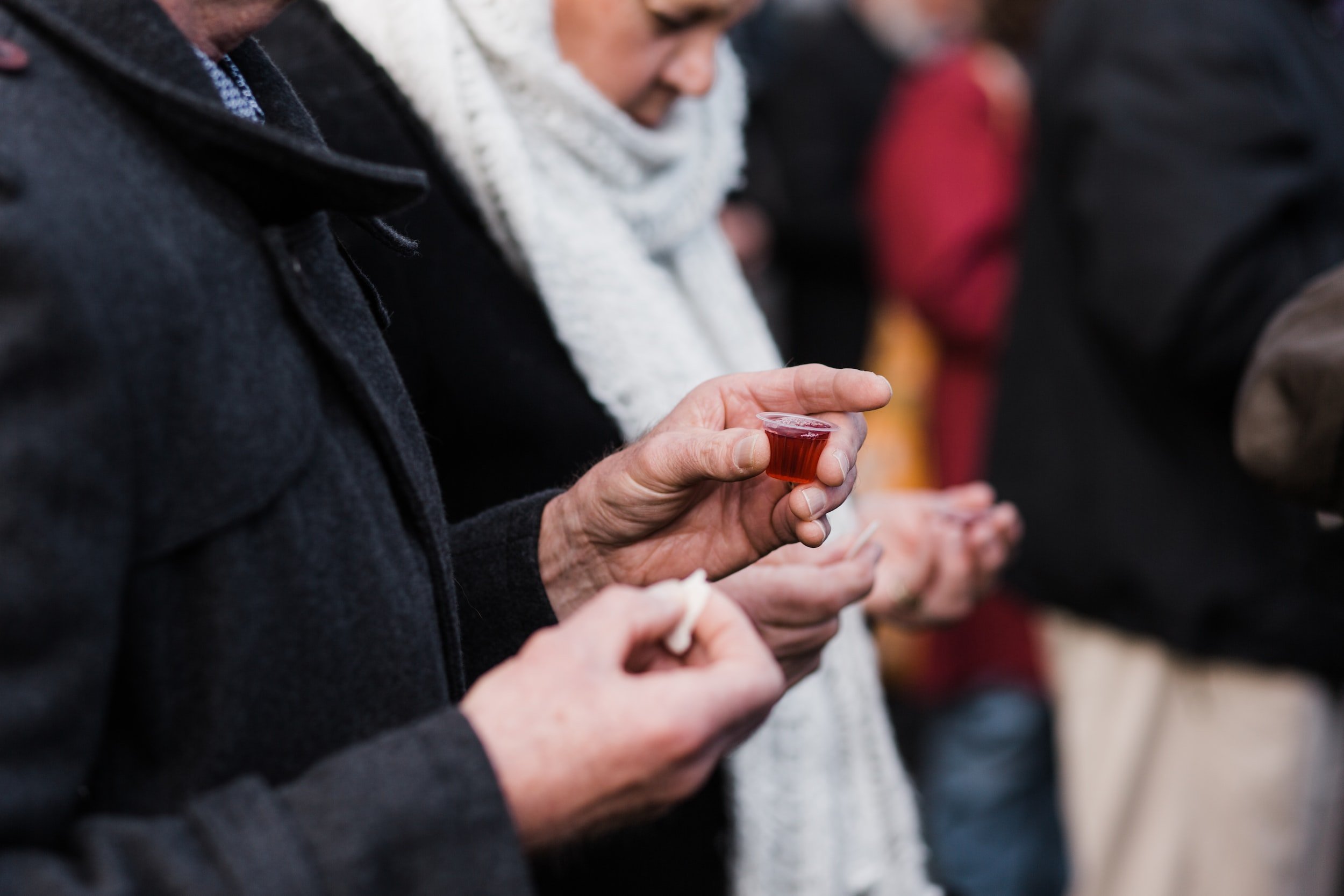A Worship Community
The book of Exodus is great literature. With excitement, the book whisks the reader to the world of ancient Egypt where the people of God, the promised descendants of God’s man Abraham, labor in bondage. With power, God strikes the Pharaoh and his nation, bringing the Egyptians and their arrogant king to their knees. Crossing the Red Sea, bread from heaven, and water from a rock are but a few of the fascinating acts of God revealed within the book. However, many readers lose interest upon reaching chapter 20. The fast-paced storyline seems to come to a sudden stop as chapter upon chapter of laws, tabernacle blueprints, and instructions on sacrifice follow. It is easy to skip these sections and return to “the storyline,” but one should not yield to this temptation! What appears to be minute detail is in no way a departure from the storyline; it is demonstrating God’s expectations of what a holy nation and kingdom of priests will look like. It is a revelation of His mind.
One important idea that can be found within the details is an emphasis on the collective aspect of worship. Even as early as the Red Sea crossing, Moses teaches the people the “Song of the Sea” (see chapter 15). Its purpose was not only for them but also for the generations to follow; together, they would recount this magnificent display of God’s power. Within God’s instructions for His holy nation, He also emphasized their togetherness in celebrating feasts, offering sacrifices, and supporting the sacred work of His tabernacle. This should not come as a surprise. In His covenant invitation to them, He promised, “I will be your God if you will be My people” (cf. Exodus 6:7). While each Israelite was called to ponder this invitation, acceptance would come from the united group: We will be your people. This collective spirit continued throughout the Hebrew Bible as feasts were observed in unison, the Passover was remembered as a national memorial, and prophetic calls for repentance were issued to the entire nation.
After the life, death, and resurrection of Jesus, the spirit of unity continued. Early Christians stayed in Jerusalem, forming a community of believers: “And all who believed were together and had all things in common” (Acts 2:44). This is no surprise since the ancient promise was extended to this new group of believers. In writing to Christians, the apostle Peter stated, “But you are a chosen race, a royal priesthood, a holy nation, a people for His own possession, that you may proclaim the excellencies of Him who called you out of darkness into His marvelous light” (I Peter 2:9). On many occasions, the New Testament writers took time to emphasize the “one another” aspects of salvation in Jesus, referring to believers as “the called out,” “the family of God,” and other collective terms.
Centuries have passed since those early believers huddled in Jerusalem to bask in the joy of their salvation and new family in Jesus. Over these centuries, western civilization has steadily emphasized the role and worth of the individual over the community. While not necessarily a bad thing, it has led to the deemphasis of the spirit of community. The concept of individualism has erupted in modern American society with the notion that everyone is different and that differences should be celebrated. Instead of community, this push toward individualism has seen the splintering of society into factions based on belief and agenda.
Societal changes often make their way into religion. Like the society around it, Protestantism has latched onto individualism. Phrases such as, “Make Jesus your personal Savior” illustrate this merger. While there is an essential need to develop one’s own faith regardless of what others believe, this should never be to the exclusion of God’s emphasis on community.
One area that has been impacted by individualism over community is worship. Some Christians, either habitually or on occasions when travel or circumstances dictate, have opted for “private worship” wherever they may be instead of assembling with saints. While this decision may have been made with sincerity and perhaps without fully realizing the outcome of the decision, individualism has been chosen over community.
While worship is always given for God’s glory, He has also emphasized the “horizontal axis” of what is given to each other. Christians “speak to one another in psalms, hymns, and spiritual songs” (Ephesians 5:19); “proclaim the Lord’s death” when coming together to partake of the supper (I Corinthians 11:26); “stir up one another to love and good works” by assembling together (Hebrews 10:24-25). These good things happen in community; they happen when the people of God come together. From ancient times until the present, the community aspect of worship is preparing the people of God for something great. In John’s Revelation, his description of the Throne Room describes this culmination:
“Then I looked, and I heard around the throne and the living creatures and the elders the voice of many angels, numbering myriads of myriads and thousands of thousands, saying with a loud voice, ‘Worthy is the Lamb who was slain, to receive power and wealth and wisdom and might and honor and glory and blessing!’ And I heard every creature in heaven and on earth and under the earth and in the sea, and all that is in them, saying, ‘To him who sits on the throne and to the Lamb be blessing and honor and glory and might forever and ever!’” (Revelation 5:11-13).
May every occasion of community worship be a fresh reminder of what lies in store for those united by the saving power of our Lord!







